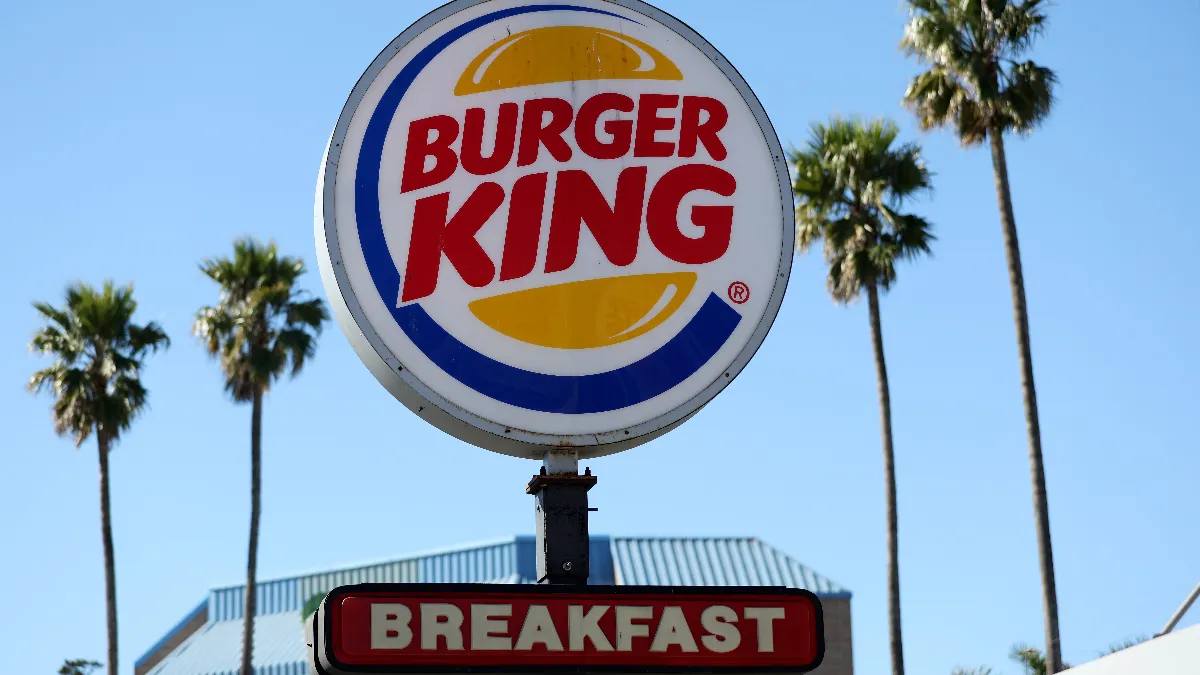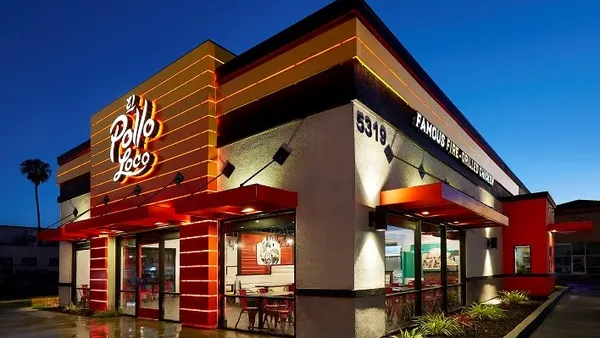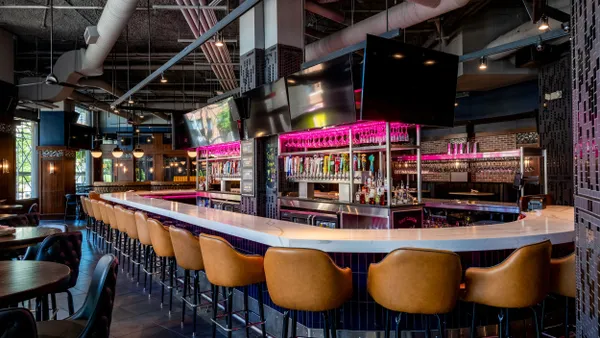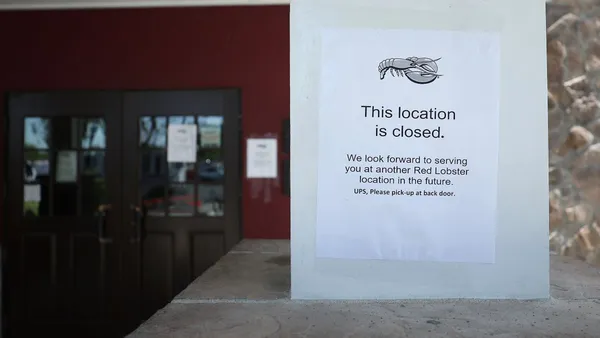Dive Brief:
- Meridian Restaurants Unlimited, which operates over 115 Burger King restaurants across nine states, filed for Chapter 11 bankruptcy protection last week.
- The company, which employs 2,495 workers, cited increased wages, as well as shipping and food inflation, as reasons for cash flow problems.
- Meridian marks the second Burger King franchisee to declare bankruptcy this year. Toms King, which operates 90 Burger King units, filed for Chapter 11 protections in January.
Dive Insight:
Meridian, which has unsecured debt of about $14 million, has long dealt with underperforming Burger King restaurants, many of which have lower-than-average annual unit volumes. The company originally acquired many underperforming restaurants with the objective of improving them, but that didn’t come to fruition, according to a court filing. These lower-volume stores were more sensitive to increases in costs, and an unspecified number of units have been operating at a loss, leaving Meridian unable to pay its obligations on time.
The Burger King franchisee reported declining foot traffic, particularly following the COVID-19 pandemic, which led to decreased revenue without a proportional decrease in rent, debt and other liabilities.
The company says it is improving its operations, despite these challenges. Customer service scores and third-party restaurant inspection scores have improved, according to the filings. Along with Burger King’s increased marketing efforts, such as a $400 million initiative it launched last year, Meridian expects sales improvements and an opportunity to grow gross margins by 1% to 2% with a reduction in waste and shrinkage.
Meridian’s management has identified ways to reduce labor costs compared to sales, according to the filing. “This combined with the restructuring of some assets and obligations will free up cash flow to support day to day operations and management objectives to become a healthy and thriving business.”
Burger King’s U.S. system has been struggling with store profitability, which is down from 2019, and the company is aware that some franchisees are facing financial difficulties. The franchisor is working to boost franchisee store-level EBITDA, which was at $140,000 in 2022, to $175,000 by 2024.














